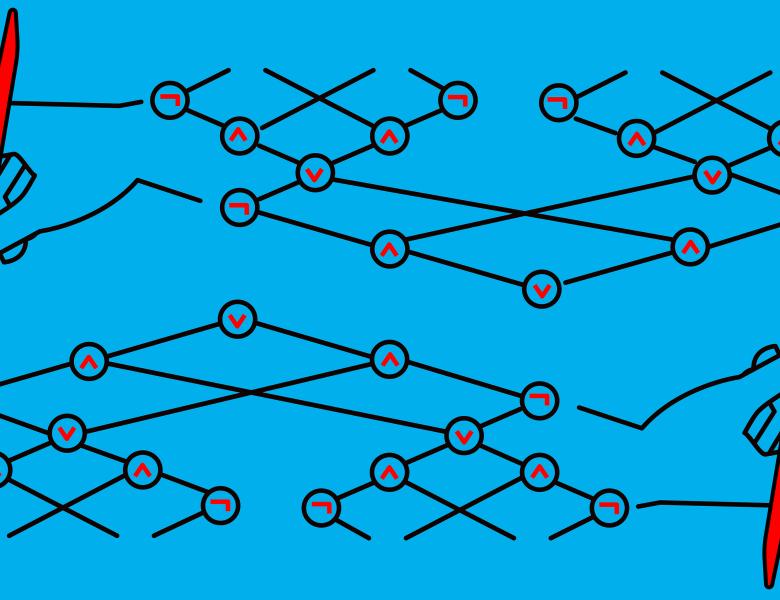
Abstract
Collision-resistant hash functions (CRH) are a fundamental and ubiquitous cryptographic primitive. Several recent works have studied a relaxation of CRH called t-way multi-collision-resistant hash functions (t-MCRH). These are families of functions for which it is computationally hard to find a t-way collision, even though such collisions are abundant (and even (t-1)-way collisions may be easy to find). The case of t=2 corresponds to standard CRH, but it is natural to study t-MCRH for larger values of t.
Multi-collision-resistance seems to be a qualitatively weaker property than standard collision-resistance. Nevertheless, we show a non-blackbox transformation of any moderately shrinking t-MCRH, for t in {3,4}, into an (infinitely often secure) CRH. This transformation is non-constructive - we can prove the existence of a CRH but cannot explicitly point out a construction.
Our result partially extends to larger values of t. In particular, we show that for suitable values of t>t', we can transform a t-MCRH into a t'-MCRH, at the cost of reducing the shrinkage of the resulting hash function family and settling for infinitely often security. This result utilizes the list-decodability properties of Reed-Solomon codes.
Based on joint work with Prashant Vasudevan


